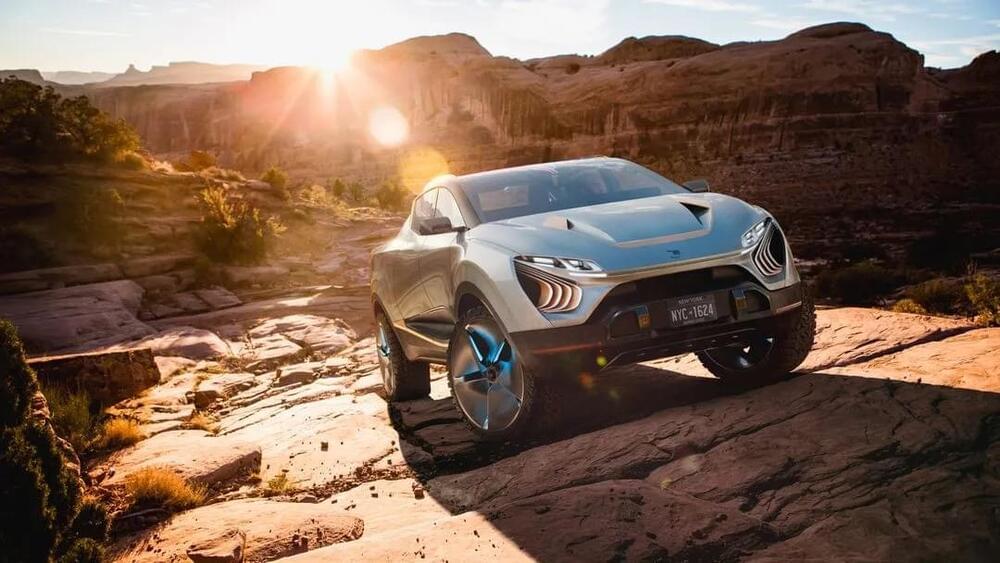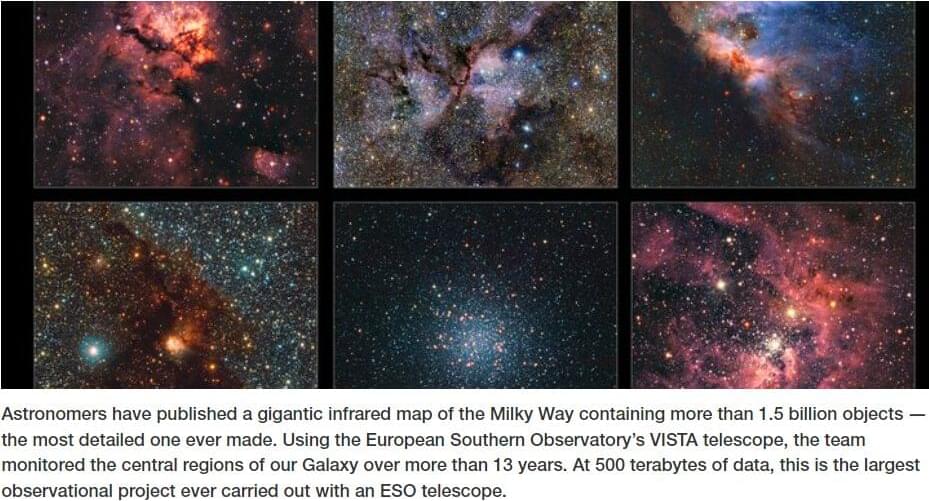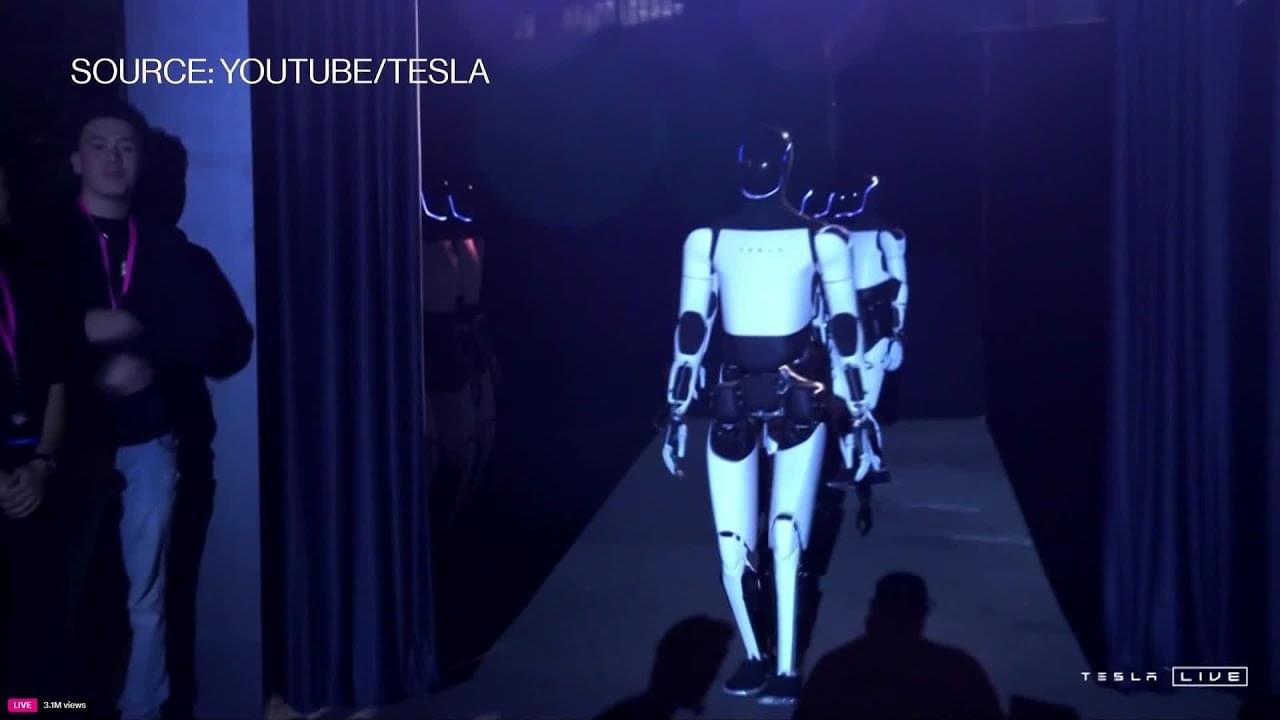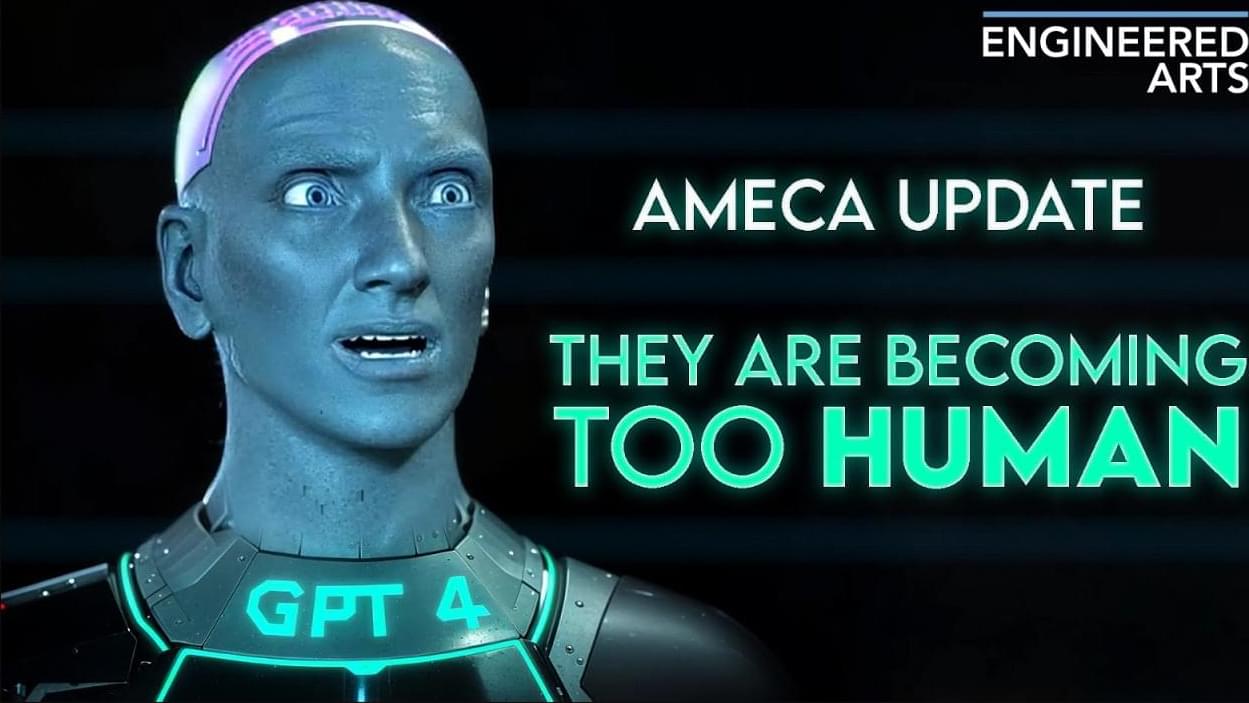Oct 20, 2024
Google announces restructuring to accelerate AI initiatives
Posted by Dan Kummer in category: robotics/AI
Google CEO Sundar Pichai has announced a series of structural changes and leadership appointments aimed at accelerating the company’s AI initiatives.
The restructuring sees the Gemini app team, led by Sissie Hsiao, joining Google DeepMind under the leadership of Demis Hassabis.
“Bringing the teams closer together will improve feedback loops, enable fast deployment of our new models in the Gemini app, make our post-training work proceed more efficiently and build on our great product momentum,” Pichai explained.


















